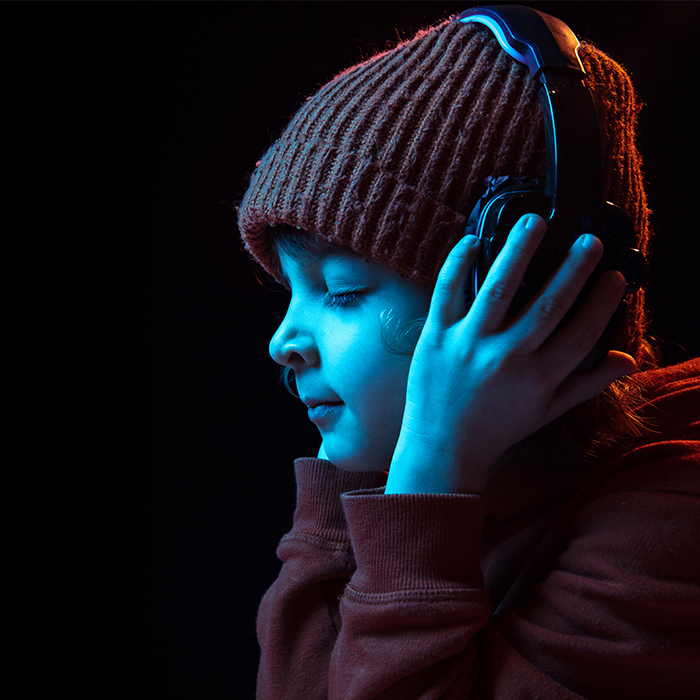MUSIC THERAPY
Best Music Therapy Centre in Kochi | Kerala
Music is an art celebrated worldwide. Everyone has a piece of favourite song or music regardless of age. Apart from entertainment, music is scientifically proven to be beneficial in the treatment of many medical conditions. There have been many studies all over the world proving it. Music fits with Ayurveda the most as a healing technique. The science behind music therapy is still not completely revealed but the benefits are proven medically in many cases. Researches have shown that music helps releases chemicals in the brain that reduce pain, relieve stress, and enhance healing in patients.
Jeevaniyan, The Best Music Therapy Centre in Kochi , Kerala effects on all the body systems but it has immense effect on the nervous & circulatory systems. It can reduce high blood pressure, improves blood flow& respiration, regulate heart rate and decrease the levels of cortisol (stress hormone). It is very beneficial in mental problems as there are no adverse effects like other medicines. Music therapy can help in improved mood & intelligence, enhanced learning & concentration in specially-abled children. Jeevaniyam is best Music therapy Treatment in Kochi , Kerala .
In children with ASD, CP and other developmental disorders music therapy have roles in both physical and mental realms. It is found beneficial in physical problems, emotional disturbances, behavioural abnormalities and mental disorders. Music therapy is also proven in reversing brain ageing. It is beneficial in the treatment of many brain disorders including Alzheimer’s disease.
we have developed a unique protocol of music therapy for every medical condition. The usual method in the South Indian school of music therapy is Raaga chikithsa, based on different ragas in Carnatic music. But here, we use the principles of Ayurveda like tridoshas in music therapy. The therapeutic music is broadly classified into Ragas which are calming or enhancing the mood. They are used in combination with the diagnosis made with tridoshas and the results are marvellous. Along with Ayurveda medicines and treatment, scientifically administered music therapy helps a lot in the management of neuro-developmental disorders and many other medical conditions.

